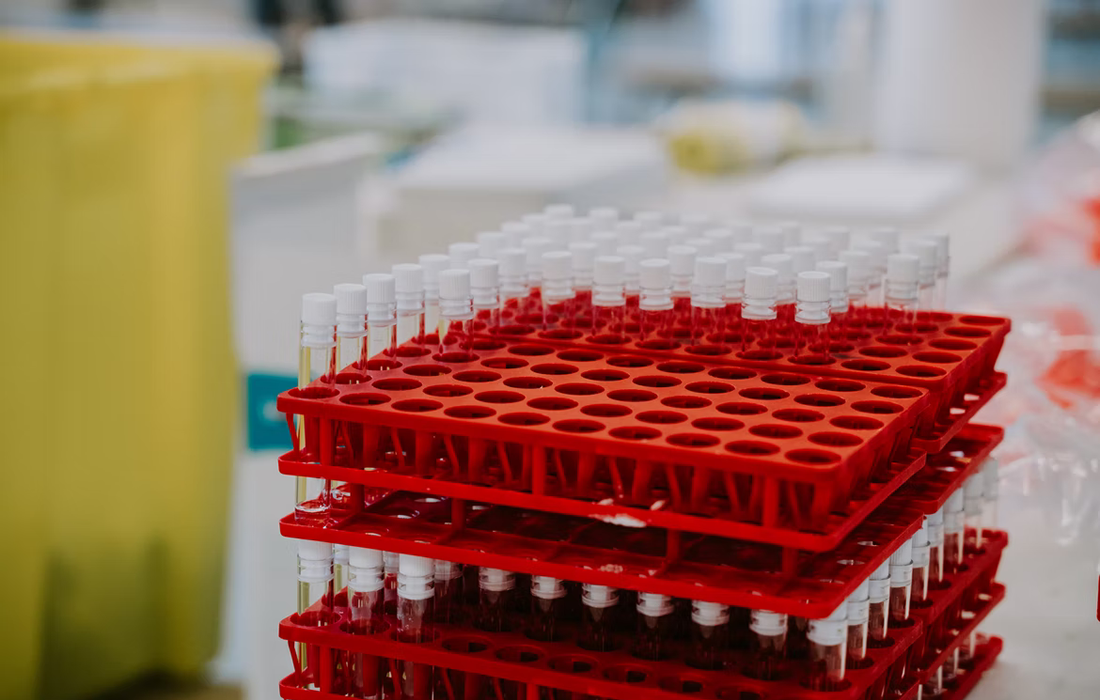Regenerative Medicine News and General Information
Protein Complex Associated with Regulation of Cellular Apoptosis and Necrosis
Apoptosis and necroptosis are 2 cell death pathways with very different immune consequences. Apoptosis results in nuclear and cytoplasmic condensation, cell shrinkage, and small apoptotic body formation, without damaging plasma membrane integrity, which does not cause an immune response/inflammation.
On the other hand necroptosis is manifested by organelle and cell swelling and eventual cell membrane disruption, leading to release of cellular components, which induce a strong inflammatory response.
Tumor necrosis factor (TNF) is one of the best studied cell death inducers, which may activate many different pathways depending on the context.
In a recently published study, researchers from the University of Texas Southwestern Medical Center identified a protein complex critical in regulating apoptosis and necroptosis, known as protein phosphatase 1 regulatory subunit 3G/protein phosphatase 1 gamma (PPP1R3G/PP1γ, or PPP1R3G complex). The findings suggest that an inhibitor targeting this protein complex could help in reducing or preventing excessive necroptosis.
Study Development and Results
The team behind the study used human cells and a mouse model mimicking the cytokine storm seen in some patients with severe COVID-19 infection, applying CRISPR genome-wide screening to analyze how cell function changes when one gene is inactivated.
The researchers showed that a specific protein-protein interaction – that is, PPP1R3G binding to PP1γ — activates RIPK1 and cell death. Also, using the previously mentioned model they discovered knockout mice deficient in Ppp1r3g were protected against tumor necrosis factor-induced systemic inflammatory response syndrome.
Those mice had less tissue damage and an overall increased survival rate when compared to mice that had this gene intact.
The results from the study suggest that developing an inhibitor that could block the PPP1R3G/PP1γ pathway can help prevent or reduce deaths caused by severe inflammatory reactions, including autoimmune disorders, heart disease, and the cytokine storm in COVID-19.
Sources:
Du, J., et al. (2022) RIPK1 dephosphorylation and kinase activation by PPP1R3G/PP1γ promote apoptosis and necroptosis. Nature Communications. doi.org/10.1038/s41467-021-27367-5.
Emily Henderson, B.Sc. (2022, Feb 18). Study identifies a protein complex critical for regulating apoptosis and necroptosis.
Image from:

